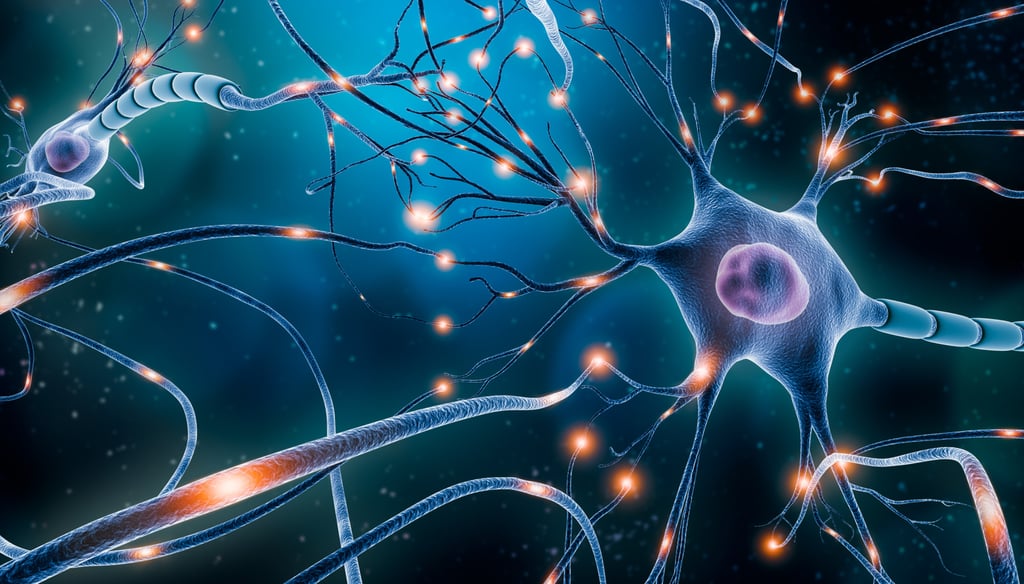Chinese scientists have found a way to turn human stem cells into dopamine-producing brain cells, transplanting them into mice and helping reduce depressive behaviour and boost pleasure.
Advertisement
When the engineered neuron-like cells were grafted into depression-model mice, they helped lessen symptoms like anxiety and resignation while increasing feelings of enjoyment.
The development has the potential to be employed as a therapy to treat neuropsychiatric disorders by directly targeting and repairing parts of the brain involved in mood regulation.
“This study provides proof-of-concept evidence supporting the use of cell therapy to treat psychiatric disorders by specifically reconstructing dysfunctional neural circuits,” the researchers said in a paper published in the peer-reviewed journal Cell Stem Cell on August 11.
Major depressive disorder ranks among the top contributors to global disease, affecting hundreds of millions of people around the world.

Some experience treatment-resistant depression, which is associated with symptoms like anhedonia, or an inability to experience enjoyment from once pleasurable activities. Anhedonia can persist even after mood symptoms are alleviated.
Advertisement


